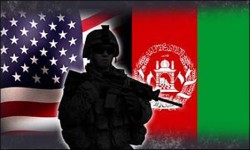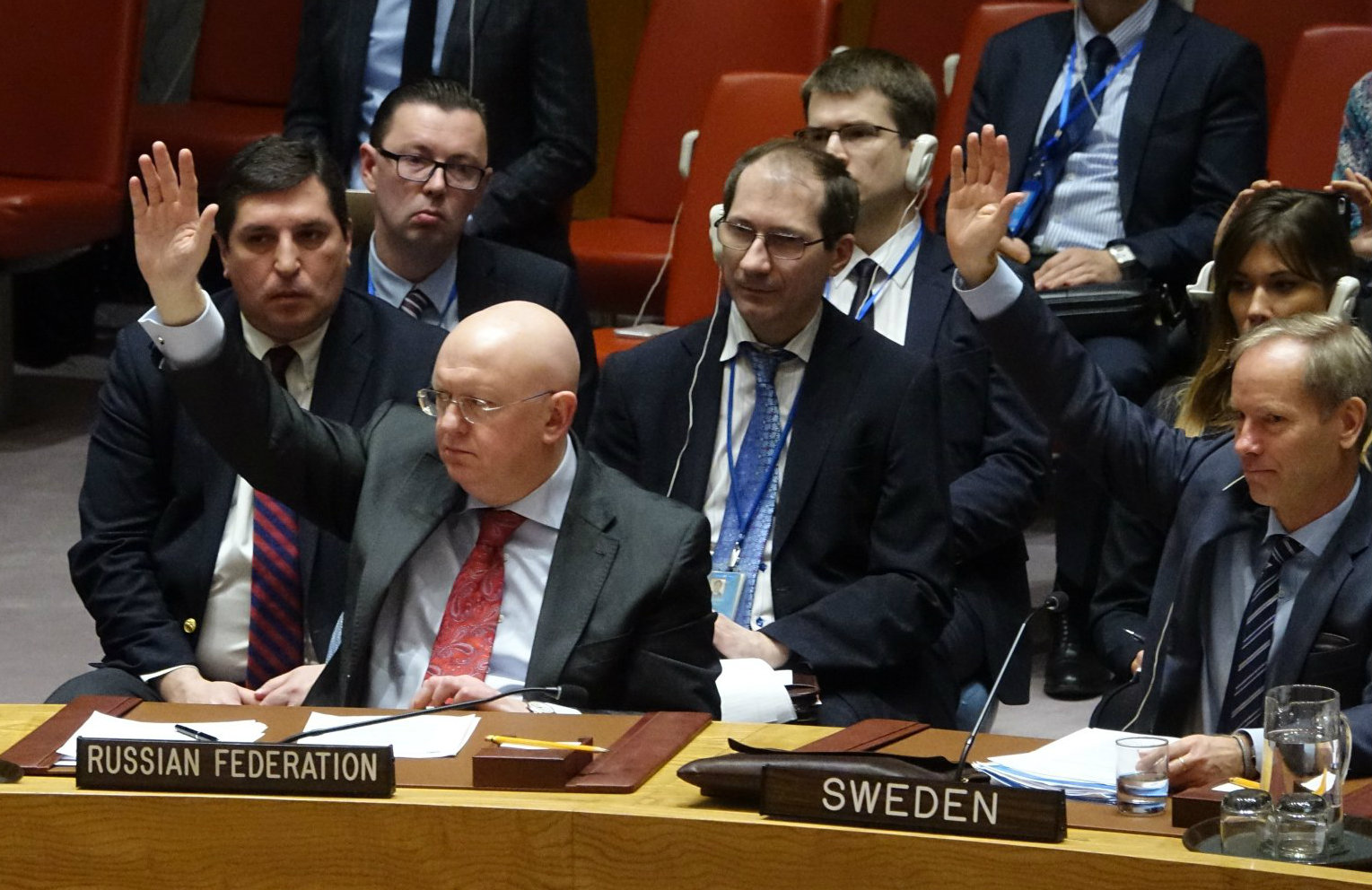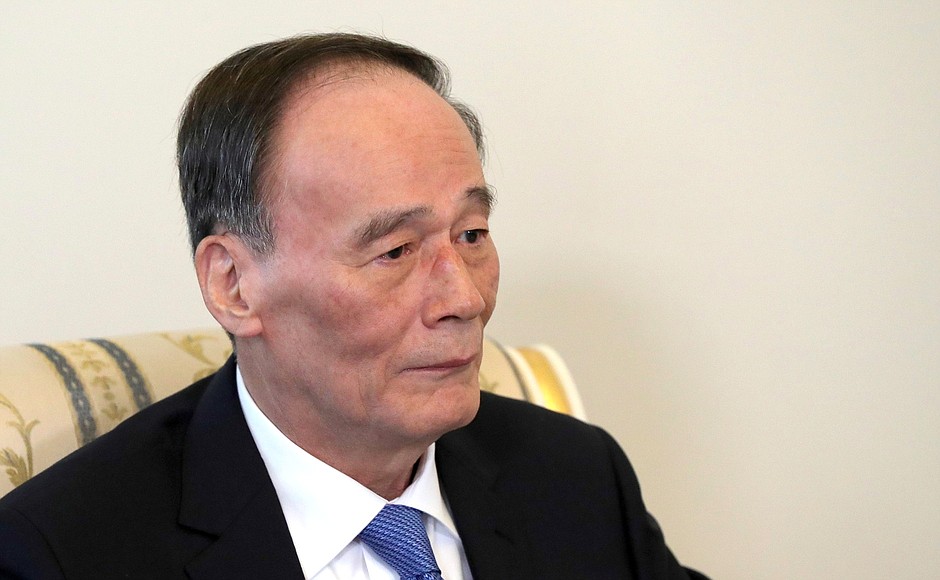The Weekly Recap – September 29th to October 6th

US and NATO sign deal to remain militarily active in Afghanistan.
Although the total removal of US ground troops in Afghanistan was supposed to take place by the end of 2014, both parties have signed a security deal that will prolong US (and NATO) presence on Afghan soil for the next few years. Although the year 2016 has been suggested for a final removal of ground troops, there is little doubt that this presence will be renewed for as long as necessary in order to avoid the subsequent mess that followed their removal from Iraq. Some even report that foreign presence of Afghan soil will last for another 10 years at least. With the new president, Ashraf Ghani, former World Bank official, having finally been sworn in, there is however hope that Afghanistan will finally move forward and start taking matters into its own hands. Supervised by approximately 11.000 troops (9.600 for the US only) for at least another two years, the country-building strategy being carried out by the US might very well succeed.
JPMorgan at the receiving end of a cyber-attack.
The largest US bank by assets has admitted it had suffered a security breach that could have affected up to 76 million households in the US. Although it denies that sensitive account information such as account number or social security number had been stolen, JP Morgan acknowledged that personal details, namely names, addresses and telephone numbers, of its customers had been compromised. It is rumoured that the attack may have originated in Russia, home to many hacktivists and other organized crime groups. Although it seems relatively clear that Ukraine has been the target of state-sponsored attacks since the beginning of the crisis, this one may very well be of a different kind. At this stage of the FBI investigation, suffice it to say that big corporations are still lagging behind hackers, which does not bode well as our world is increasingly dependent on online resources.
Argentina’s central bank chief resigns.
Carlos Fabrega, Argentina’s moderate central banker has just resigned after President Cristina Fernandez lashed out hefty criticism at the way the Central Bank handled its monetary policy, in view of the (yet again) huge inflation rate (approx. 40%) and the corresponding dwindling of foreign currency reserves. Opting for her classic populist, borderline anti-capitalist tone, President Fernandez hinted that investors’ mistrust causing the devaluation of the peso had not been prevented by the Central Bank, which apparently consists in a near crime of lèse-majesté although Mr Fabrega would have found difficult to stem such distrust had he even tried to fight it. As usual, Mrs Fernandez’s comments suggest that it is others’, rather than her own policies that are to blame for Argentina’s enduring economic plight. Although this may be true to some extent, the grip with which she has firmly hold onto power since her first election as President in 2007 (succeeding her own husband in office) leaves little doubt as to who is really responsible for economic policy in Argentina. Under her tenure, it seems Argentina has slowly fallen back into its travails of the nineties and even though cutting the helm of government might seem the most appropriate answer to finally set free Argentina from economic populism, her landslide victories in her previous two election campaigns make her the frontrunner for a third mandate in the upcoming elections in 2015.
Turkish Parliament approves military action against ISIS.
Last Thursday, Turkey, one of the key players in the Northern Middle East, has approved the decision of joining the newly-born international coalition hoping to put an end to ISIS’s exactions both in Syria and Iraq. It seems however that Ankara voted the measure a little reluctantly given the geostrategic quagmire it finds itself engulfed in. Indeed, on the one side, joining the coalition is not really an option given the regional threat posed by ISIS, literally stationed on the outskirts of Turkey. However, doing so would sharply diminish the number of forces seeking the demise of Syrian President Al-Assad’s regime while also helping Kurds assert their control of the Turkish/Iraqi cross-border region that they claim is theirs. Both issues are enduring hot topics of Turkey’s foreign policy and engaging ISIS militarily is therefore a move that resembles choosing the lesser of two evils but which might end up having a big impact on Turkey down the line, once the dust has settled.




